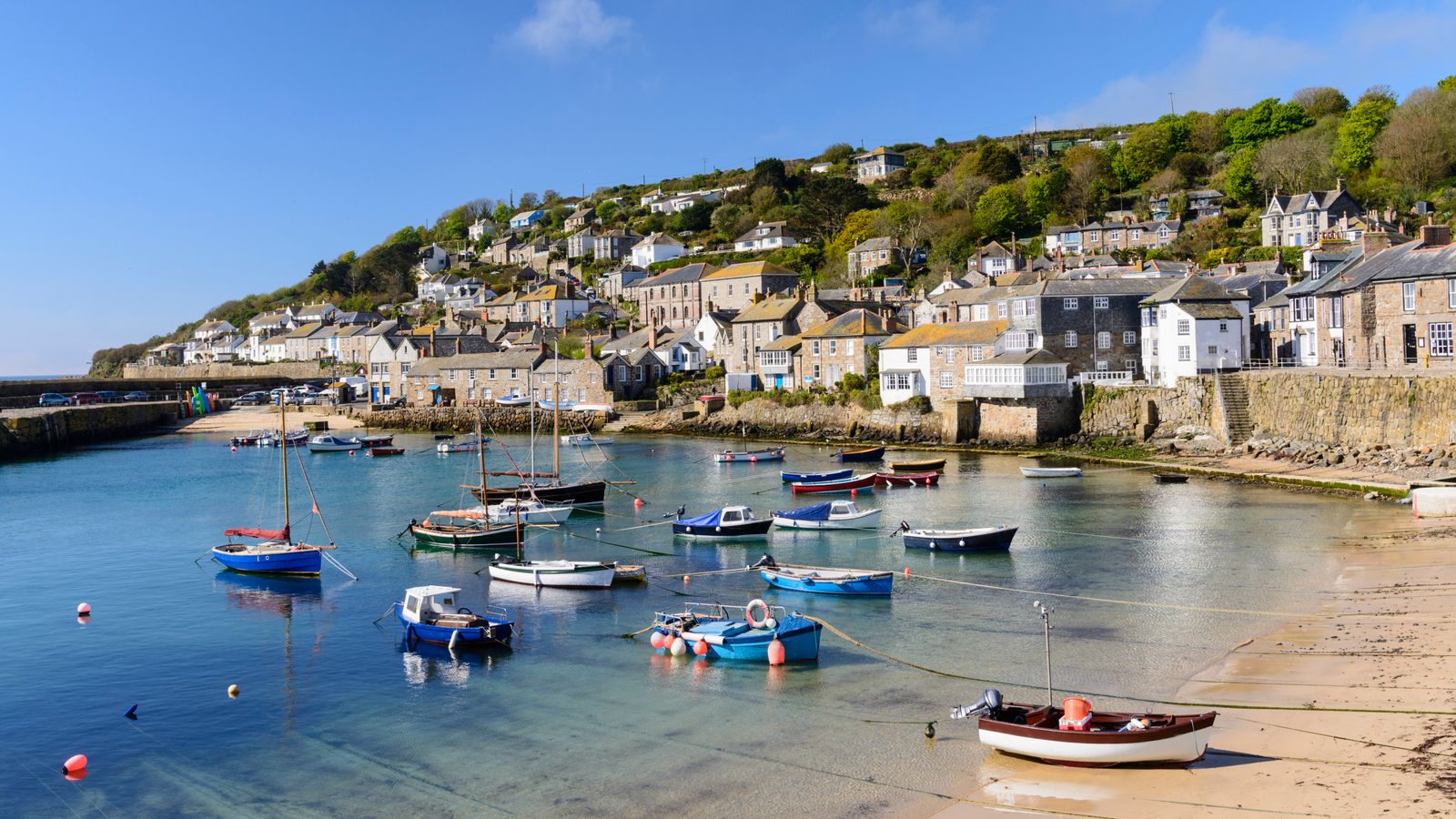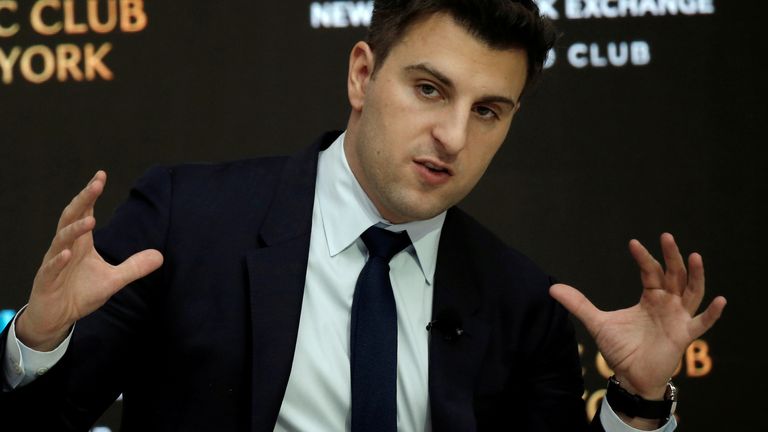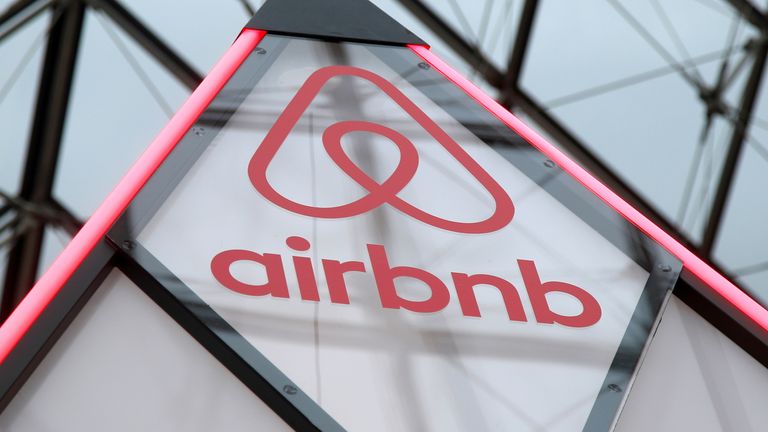Britain’s roadmap out of lockdown sparked a sharp increase in UK bookings through Airbnb with notable demand for staycations over the summer, the company’s latest results revealed.
The San Francisco-based firm reported a 52% surge in first quarter reservations to $10.3bn as it set its sights on an improvement in fortunes as pandemic restrictions ease.
In the US, it was boosted by increased searches for summer breaks among the over-60s age group who were among the first to benefit from the vaccine roll-out.
Founder and chief executive Brian Chesky said: “We expect a travel rebound unlike anything we have seen before.
“Travel is coming back and Airbnb is ready.”
The company said that as vaccines became more widely available and restrictions ease, there were “signs that people are ready and willing to travel”.
“For example, we saw a sharp increase in bookings in the UK after British prime minister Boris Johnson announced plans to exit lockdown in February, as well as a sharp increase in bookings in France following the easing of travel restrictions in May,” Airbnb said.
The group said that in the first quarter of the year its Europe, Middle East and Africa division saw “steady improvement” led by the UK and France with the easing of rules “allowing strong performance in domestic travel”.
“We have seen significant interest in summer travel in Europe, especially in areas such as non-urban destinations in the UK,” the company added.
“We anticipate the pace of recovery in Europe will continue to be heavily influenced by the severity and duration of travel restrictions, but believe we are well positioned to take advantage of the recovery as they ease.”
Airbnb said revenues were up 5% on the same period a year ago – and 6% on 2019 – at $887m, beating analysts’ forecasts.
Demand for properties with larger space away from major cities has helped the company to weather the impact of the pandemic over the past year.
However it remained heavily in the red in the latest quarter, with losses more than tripling to $1.17bn as it was weighed down by costs from past borrowing.
The company also said it was too early to predict whether the pace of travel recovery will continue in the second half of the year,


